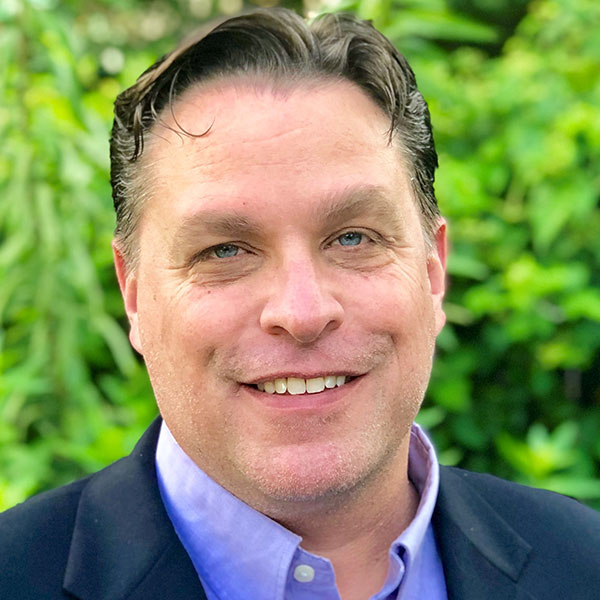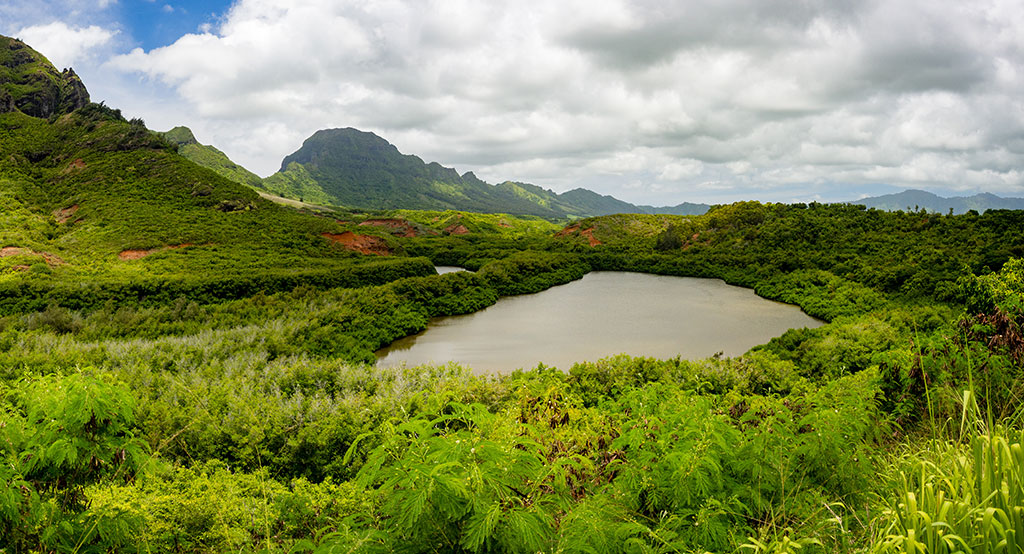Select the play button above to view the recording.
Join AAG leaders in a frank discussion with Hawaiian leaders about the challenges and mutual benefits of AAG’s annual meeting in Honolulu, April 16-20, 2024. What themes, speakers, and activities might enable hosts and guests to share and experience Hawaiian values of ho‘okipa (hospitality), aloha ʻāina (love of the land), and ʻimi naʻauao (seeking wisdom)? How would the integration of indigenous values enhance the field of geography? How might our Honolulu conference support a paradigm shift to manage Hawai‘i tourism in a responsible and regenerative manner?
This is the first in a series of virtual learning opportunities planned ahead of the 2024 AAG annual meeting. These webinars will feature a broad spectrum of speakers, perspectives, and thought leadership representative of the Native Hawaiian worldview. These discussions will illuminate Hawaiian ecological insights and perspectives on how to live in harmony with the environment; explore ways that those views may align or differ from the perspectives of others; and foster professional and personal growth of our members, discipline, and the AAG. They will also help frame our purpose for convening in Honolulu and underscore our determination to visit as respectful guests. We are excited by these opportunities and invite you to join us on the journey.
Part of our Preparing for the Honolulu 2024 Annual Meeting webinar seriesSpeakers
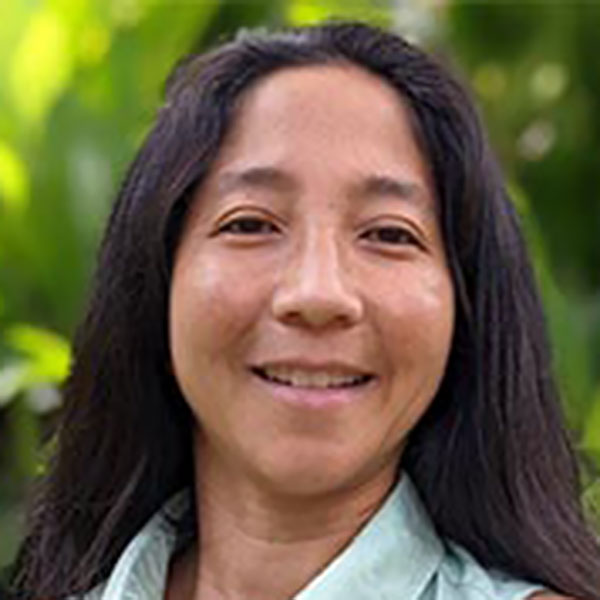
Aurora Kagawa-Viviani
University of Hawai‘i – Manoa, Professor & Researcher
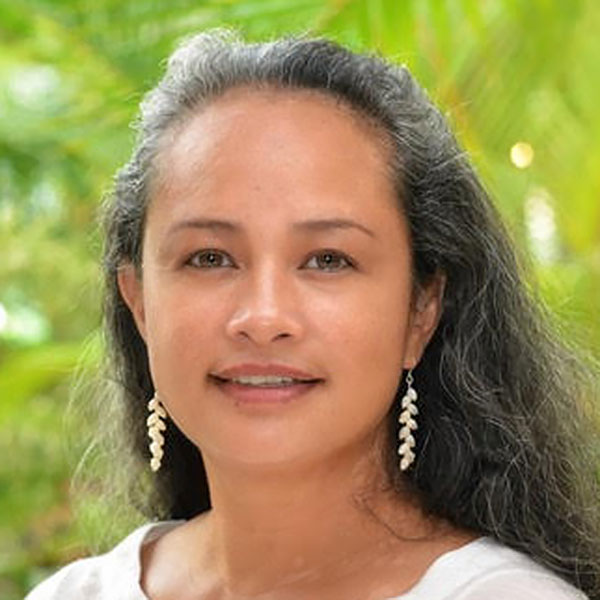
Mahina Paishon-Duarte
Waiwai Collective LLC, CEO & Co-founder
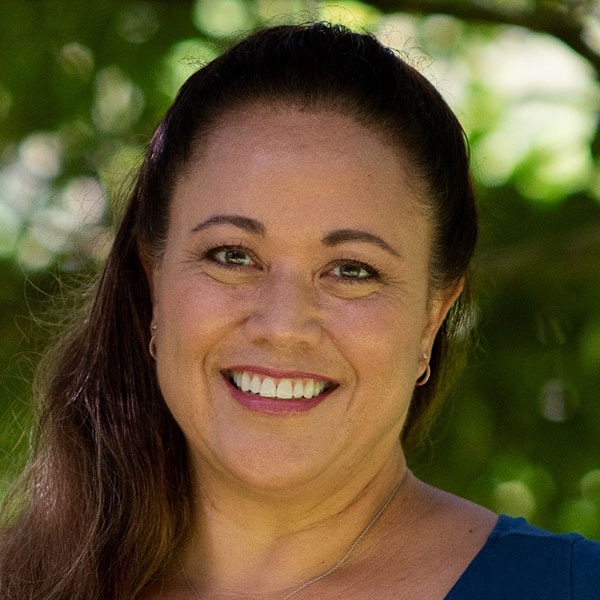
Ulalia Woodside Lee
The Nature Conservancy of Hawai‘i, Executive Director
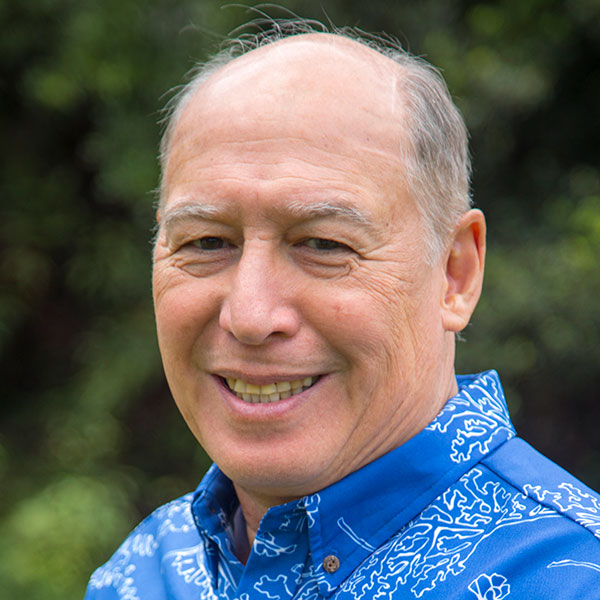
Neil Hannahs
Ho‘okele Strategies, Founder & CEO
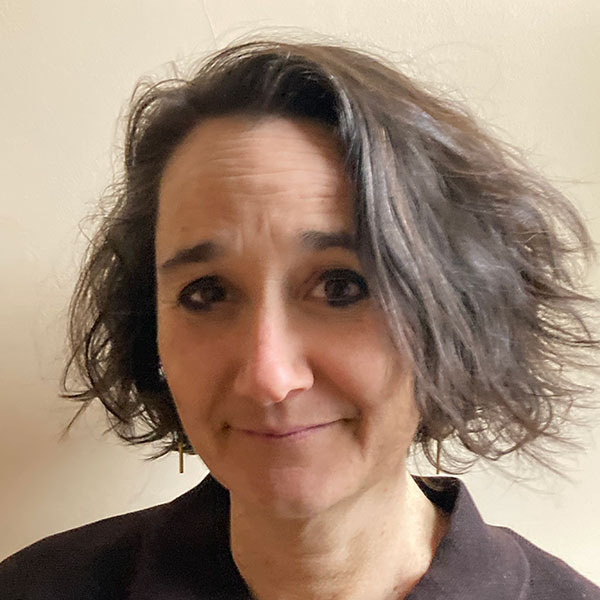
Rebecca Lave
AAG, President
